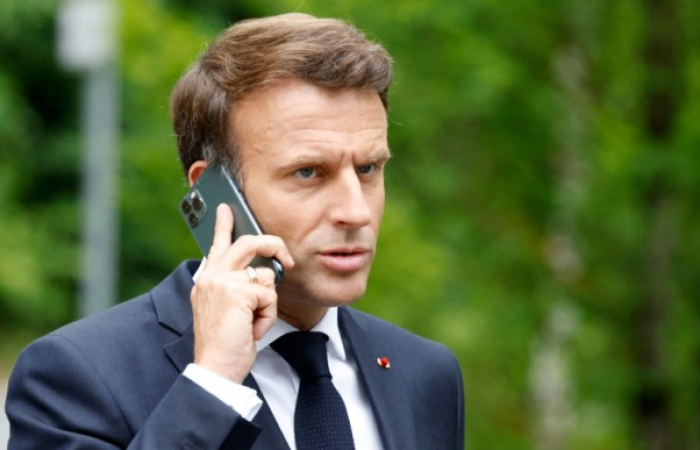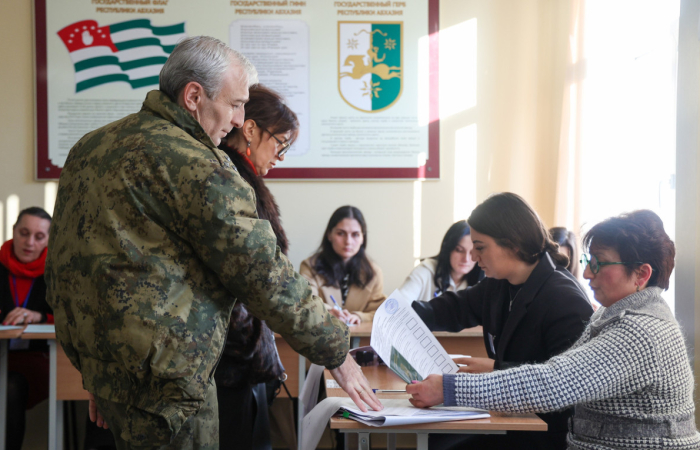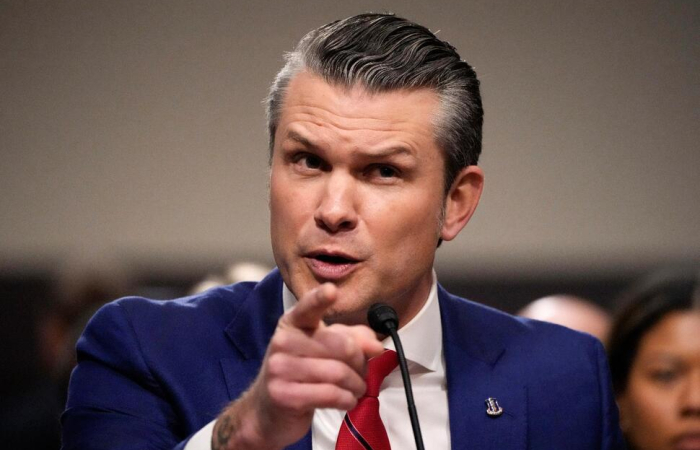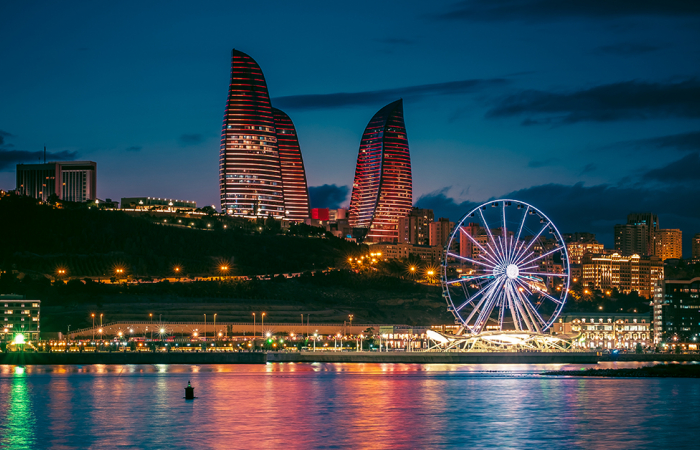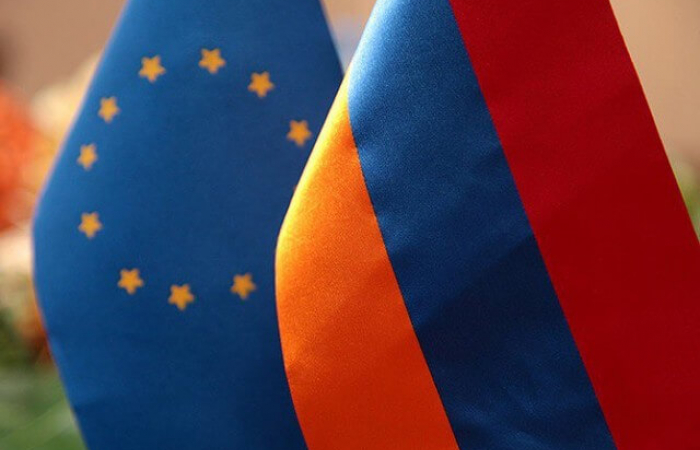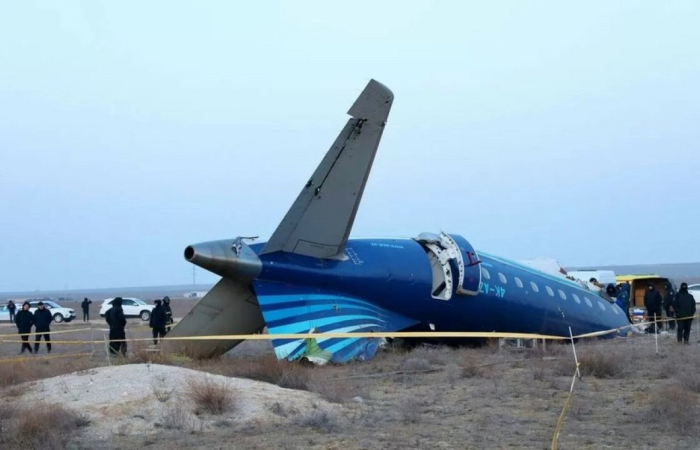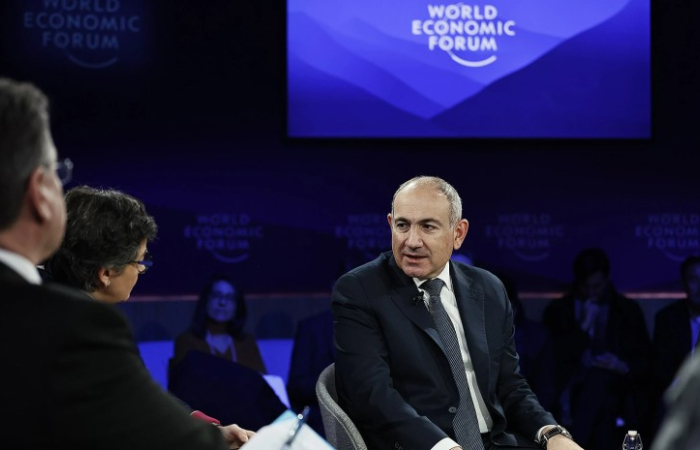Editor's choice
This is a members’ functionality. Please
Sign upNews
Trending
Abkhazia holds early presidential elections that may prove decisive
15 February 2025
Abkhazia, a territory that broke away from Georgia in 1993, is holding early presidential elections today following the ousting of the previous president, Aslan Bzhania, at the end of November 2024. The outcome of the elections could determine the future trajectory of the region’s foreign policy and its relationship to Moscow. Bzhamia was forced to resign after thousands of supporters of opposition leader Adgur Ardzinba forcibly occupied the presidential palace and parliament building. Ardzinba is contesting these elections with his main rival being former Vice President Badra Gunba who is supported by Moscow. According to pre-election polls, Gunba is projected to receive 42.3 percent of the vote, while Ardzinba is projected to receive just 27.3 percent of the vote. The other three candidates are Shamil Ardzinba, Oleg Bartsits, and Adgur Khurkhumal.



